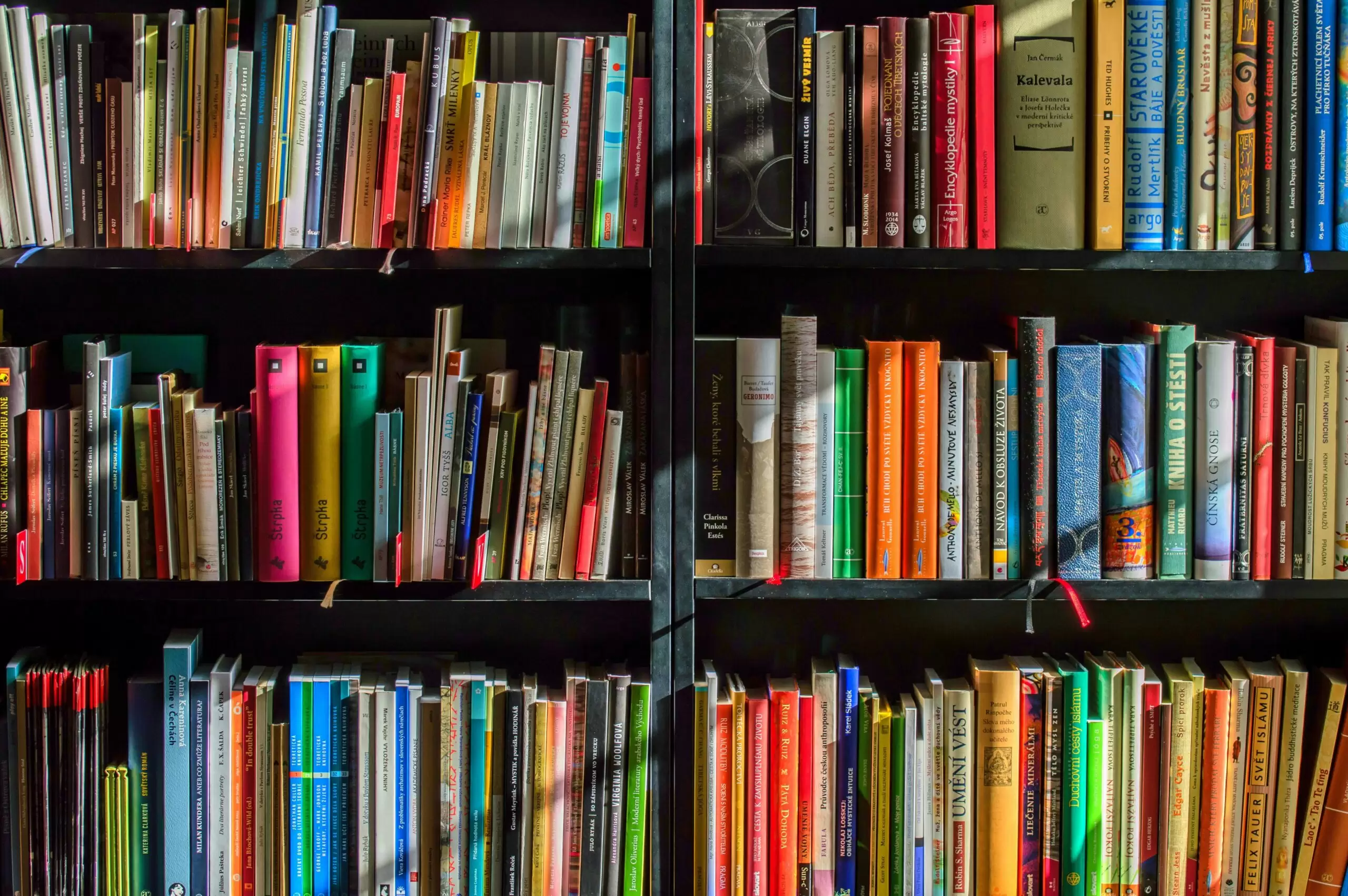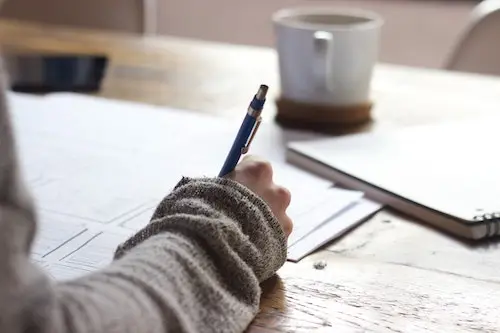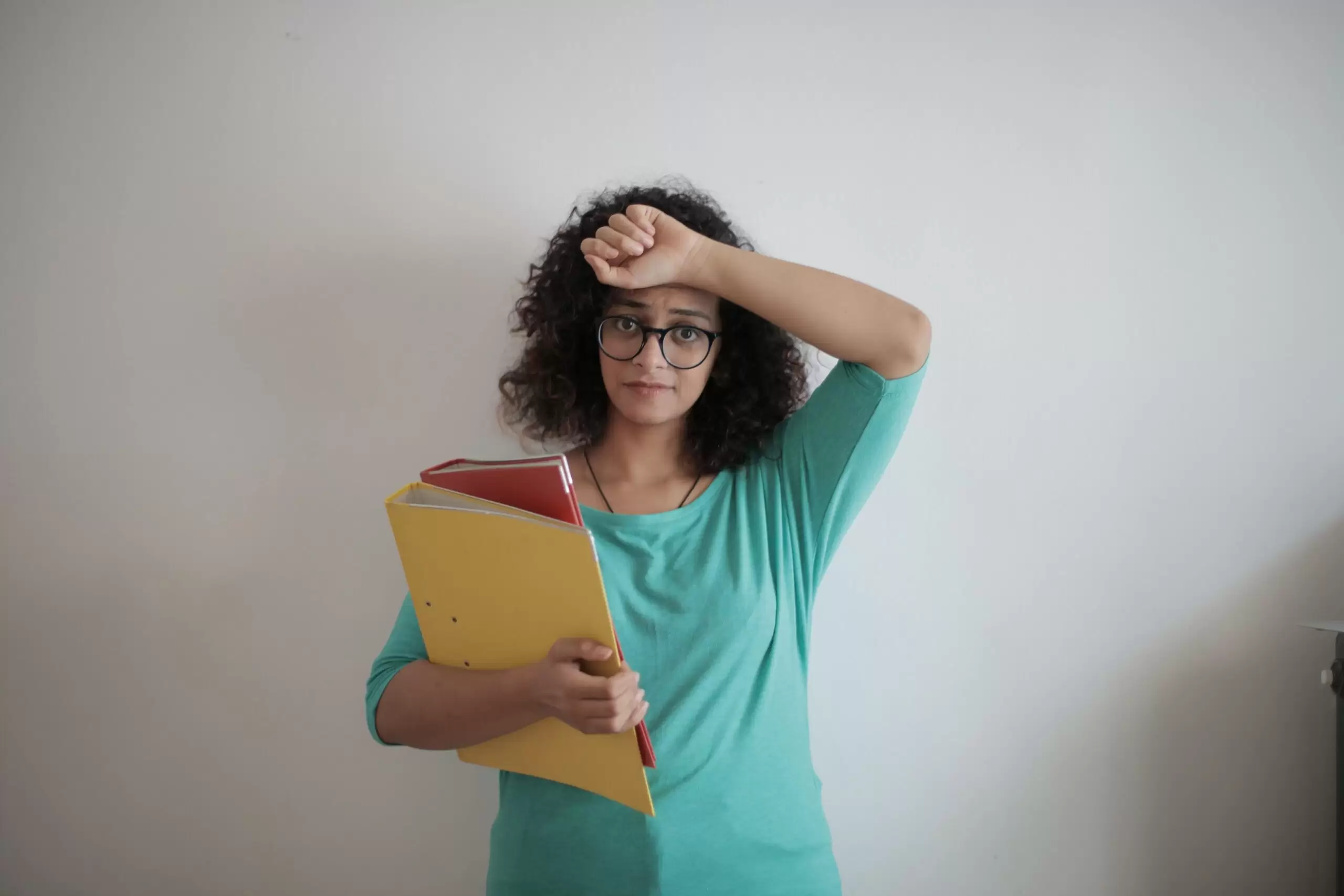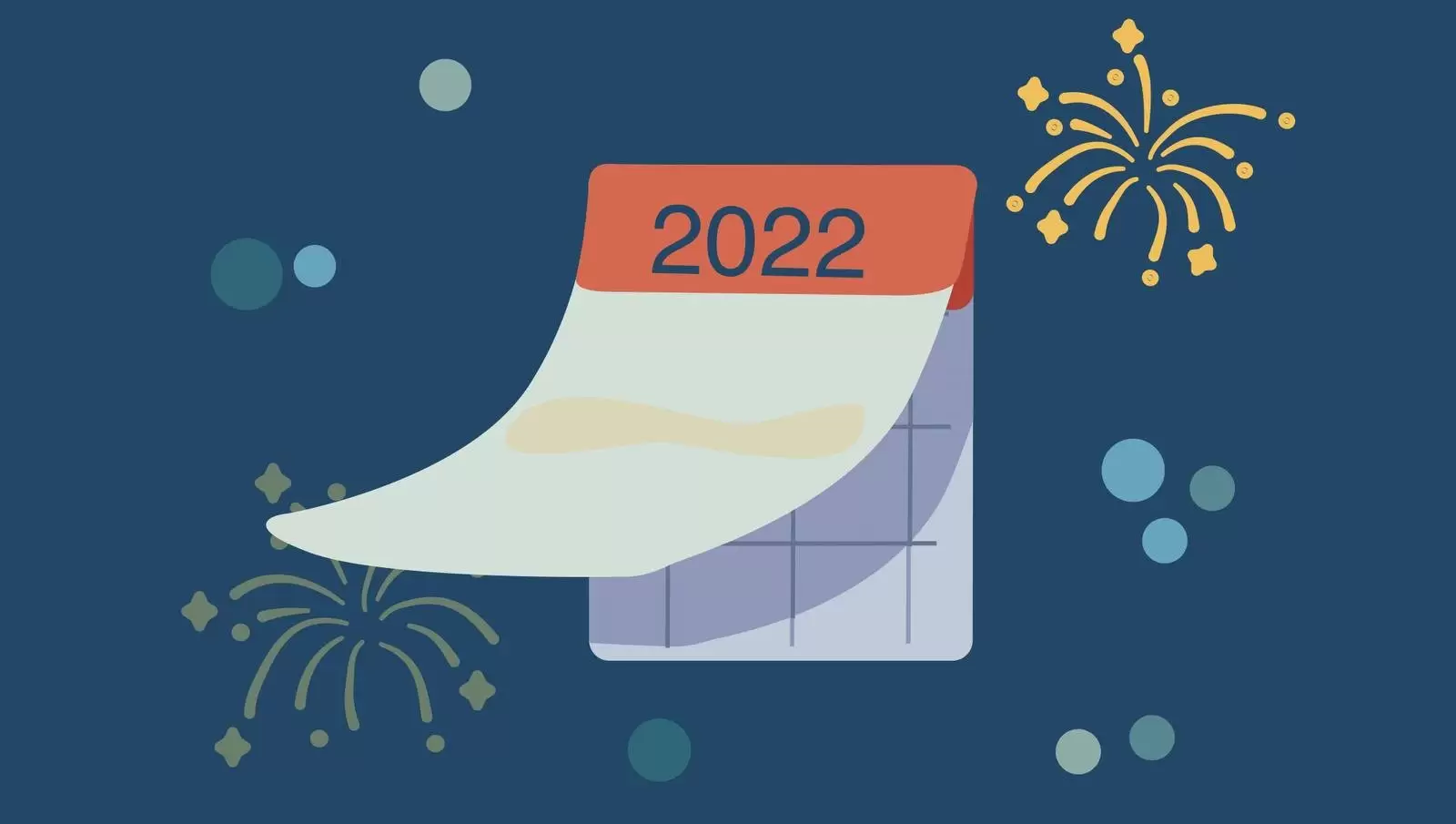Written by Stelly Dry
IB classes are notorious for being content heavy, especially when it comes to natural and social sciences. Trust us, we know the struggle! Looking at an almost endless syllabus can make anyone ready to give up. But if there is a will (and a good study method), there is a way. In this blog post we will break down some study methods that work especially well for content heavy classes.
Double Note-Taking
One of the best ways to deal with a content heavy class is to revise as you are learning the material, or at least as early on as possible. One easy way to do this is to rewrite the notes you take in class. Here is how we suggest doing it:
- During class: If you have access to one, use a computer for note taking. This will give you the ability to type faster. Try getting down as much detail as possible and focus on what your teacher is saying instead of what is written on the powerpoint – you can always come back to that later. Remember, at this point your notes do not need to be well structured or have perfect grammar as long as they include the content.
- After class: After class is the time to restructure your notes and fix your spelling and grammar. You can also use a textbook to fill in any blanks in the content. Try to make your notes as clear and easy to understand as possible. There is no right or wrong way to write your notes, as long as you understand them.
- A few days later: rewrite your notes by hand.
But remember, do not wait too long to rewrite your notes! Then rewriting your notes will be like learning the content again, and nobody wants to do that!
Writing Down Key Dates, Definitions or Vocabulary
Do you need to remember certain dates, words or definitions? A good starting point is to make a timeline or a list. That way you will have all the key dates and definitions in the same place and when you want to revise you do have to spend time searching for them. This will make studying both easier and more efficient. It is important to try making revising as convenient as possible, then you are more likely to actually do it.
Flash Cards
Now let’s talk about one of the most common study techniques, flash cards. There is a reason they are popular! Many students swear by them. Using flashcards is a good way to revise because they can be used anywhere and you do not need a lot of time to go through the flashcards. So it is the perfect method for someone who is always on the go. Flashcards are especially good for science and languages where there are a lot of terms to learn. But it is good to keep in mind that it might not be as effective for longer definitions.
Teaching Someone Else
Next on our list is trying to teach a concept to someone else. This is 1. A good way to memorize content, and 2. A way to discover gaps in your knowledge before test-day. Try giving a presentation to your friend, parent or sibling. If you are able to explain the concept to someone who does not take the subject, you can feel confident in your understanding of the subject. Of course, do not put too much pressure on yourself – trying to explain difficult calculus to your 10 year old brother might not be very difficult even if you know the concepts perfectly.
Work Together
We saved our most important suggestion for last, work with a friend. You might feel like you are the only one struggling with a difficult class, but in most cases – everyone is in the same situation! Having a study buddy can make your life way easier. When you study together you can discuss what you have learned and try to work through difficult topics together. You can also quiz each other. Not only is this a great way to learn and process new knowledge, it will also make studying 100 times more fun.
Wrapping it up
Hopefully, by now this post has given you some inspiration or study ideas. However, if you did not really find what you needed or you are looking for more ideas and inspiration, check out other Lanterna blog posts. There are plenty of posts giving you tips on how to study as effectively as possible.
Good luck!



